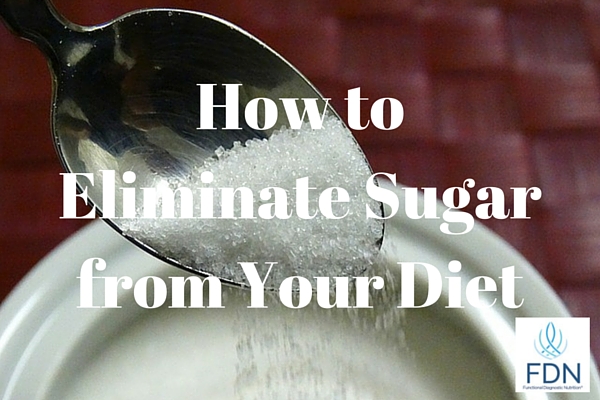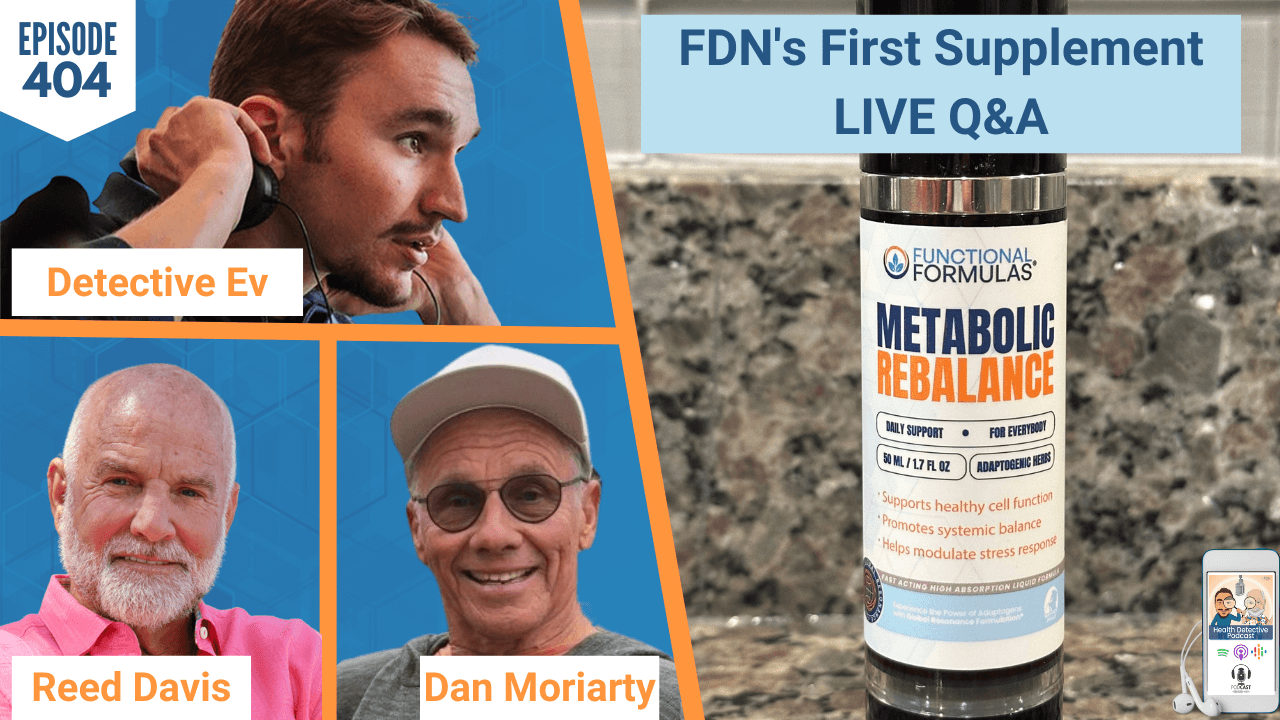Refined sugar and refined carbohydrates are responsible for much of the poor health and disease that are so prevalent today, but because they’re so addictive and exist in so many processed foods, many people have a difficult time avoiding them. While there are plenty of reasons to eliminate sugar and refined carbohydrates, the chances of successfully eliminating them from your diet aren’t good unless you have a solid understanding of what foods to eat instead, how to read ingredient labels, and most importantly for some, how to avoid cravings. With the right approach, it’s not as difficult as you may think and it may make a tremendous difference in your life.
The Best Way to Eliminate Sugar from Your Diet
The primary goal of eliminating refined sugar and refined carbohydrates from your diet is to promote excellent health. By eating natural whole foods such as meat, fruit and vegetables, you’ll be supporting your health and eliminating refined sugar and refined carbohydrates at the same time. Because these whole foods don’t contain processed sugar or refined carbohydrates, no additional effort is needed to avoid them. The reason why natural whole foods are so healthy is because we spent millions of years evolving on them. Based on this, an easy way to make sure that you’re eating the right foods is to ask yourself if they existed 10,000 years ago. If they didn’t, or if they’re packaged in plastic or a box, they’re likely to contain refined sugar and refined carbohydrates.
After being spoiled by the convenience of processed foods, many people have a difficult time following a healthy diet because of the additional preparation that whole foods tend to require. By preparing a number of meals in advance, you’ll always have healthy food available to you regardless of how little time or energy you have for food preparation. In fact, if you don’t mind freezing your meals, you can even prepare enough food in advance for an entire week.
How to Read Ingredients Labels
As long as you’re eating natural whole foods, you won’t have much need to worry about ingredients labels. However, if you insist on eating processed foods, this list of sugars by name will help you determine whether or not the product in question contains processed sugar or refined carbohydrates.
Another ingredient to look out for is flour. Although it’s not classified as a sugar, it’s a refined carbohydrate that is just as unhealthy. Whole flour isn’t as bad, but can still cause problems, especially when eaten in excess, and especially for people who are susceptible to blood sugar fluctuation.
Avoid Processed Beverages
Most popular beverages, such as soda, sports drinks, sweetened iced tea and most other flavored drinks, are extremely high in sugar and should be avoided as much as possible. Even natural fruit juices that aren’t from concentrate and have no sugar added are still high in sugar.
Don’t make the mistake of thinking that fruit juice will provide the same nutritional benefits as whole fruit. Most of the nutrition is destroyed during processing, and because the substance and fiber from the fruit is eliminated, the sugar in fruit juice is usually absorbed very quickly and causes blood sugar problems. Pasteurized skim milk isn’t a great choice either. Because the fat is removed and much of the nutrition is destroyed during pasteurization, there’s not much left except for milk sugar.
The easiest way to avoid beverages that contain sugar is to drink filtered water instead. Although this may sound painfully boring, most people don’t drink enough water anyway which makes this is a great way to correct two problems at the same time.
How to Beat Sugar Cravings
Cravings for refined sugar and refined carbohydrates are often a result of low blood sugar or neurotransmitter imbalances. In either case, the problem can usually be resolved by simply adding more protein to your diet. Since you should be eating whole foods, the additional protein should come from high quality animal meat. This will help to balance your blood sugar by reducing the amount of sugar you eat and slowing down the digestion of the carbohydrates you eat. It will also help balance your brain chemistry by providing the amino acids needed to produce essential neurotransmitters.
Some people are genetically predisposed to producing inadequate amounts of neurotransmitters and may need to supplement specific amino acids to regain proper balance and eliminate sugar cravings. For more information on supplementation protocols, read “The Diet Cure” by Julia Ross.
Be Cautious with Fruit
Fruit is a natural whole food and is undoubtedly one of the healthiest foods we can eat. Because whole fruit contains fiber and the nutrients needed to digest its natural sugar, it’s less likely to cause blood sugar fluctuation and doesn’t rob the body of valuable nutrients. However, it can still be problematic for many people.
Despite the slower and more complete digestion, people who naturally digest carbohydrates more rapidly can still experience blood sugar fluctuation from eating fruit. In fact, Dr. Joseph Mercola, a popular natural health advocate, says that he developed type 2 diabetes while following a high fruit diet and completely reversed it by eating less carbohydrates and more animal fat and protein.
The best way to learn how tolerant you are to fruit is to identify your nutritional individuality which will give you an idea of the proportions of protein, fat and carbohydrate that are ideal for you. With this as a starting point, you’ll be better able to identify any adverse reactions that you may have to certain foods, particularly in regard to those high in carbohydrates. If you happen to be someone who is better off eating more protein and fat, you’ll likely find that you’re quite sensitive to sugar and will need to limit your consumption of fruit.
Say No to Artificial Sweeteners
Artificial sweeteners are designed to provide the sweet taste of sugar that we all love, but without its negative impact on health. Unfortunately, these artificial sweeteners are often more of a risk to your health than sugar itself. Most artificial sweeteners, particularly aspartame and sucralose, are synthetic substances that have been found to be toxic in many ways. They’re also known to increase appetite which is ironic considering their popularity among people looking to lose weight.
The use of artificial sweeteners is often a case of trading one problem for another and is definitely not the path to excellent health. As long as you don’t have a serious condition that prevents you from consuming sugar, and as long as you live a healthy lifestyle most of the time, there’s nothing wrong with enjoying real sugar in moderation.
If you choose to eat processed foods that are advertised as sugar free or low calorie even though you should be eating whole foods instead, avoid products that have aspartame or sucralose listed in the ingredients. Also be aware of the brand names that these artificial sweeteners may also be listed under. Aspartame is commonly available as NutraSweet or Equal and sucralose is commonly known as Splenda.
A Safer Sweetener
Although I generally don’t like the idea of using sweeteners, stevia is a natural herb based sweetener that typically doesn’t affect blood sugar and is a much safer alternative than aspartame or sucralose. It’s many times sweeter than sugar, so if you decide to try it, use it in very small amounts. Choose a brand that’s certified organic and be wary of the altered and proprietary PureVia and Truvia versions of stevia that are now being used and marketed by Pepsi and Coke.







